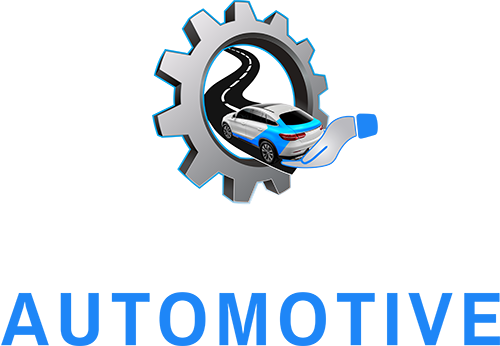In today’s fast-paced world, owning a vehicle has become a necessity for many people. Whether you use your car for commuting to work, running errands, or going on road trips, keeping up with regular maintenance is crucial to ensure its longevity and performance. Neglecting routine maintenance can lead to costly repairs down the road. In this article, we will explore how regular maintenance can help you avoid expensive repairs and keep your vehicle in top condition.
Importance of Regular Maintenance
Regular maintenance is like taking your car to the doctor for a check-up. Just as you wouldn’t skip your annual physical exam, you shouldn’t neglect your vehicle’s maintenance schedule. Here are some key benefits of sticking to a regular maintenance routine:
-
Preventative Care: Regular maintenance allows auto technicians to identify and address small issues before they escalate into major problems. This proactive approach can save you time and money in the long run.
-
Improved Safety: A well-maintained vehicle is safer to drive. Routine inspections and maintenance help ensure that all components are in working order, reducing the risk of breakdowns or accidents on the road.
-
Enhanced Performance: Regular oil changes, tire rotations, and fluid checks can improve your vehicle’s performance and fuel efficiency. A well-maintained car will run smoother and last longer.
Common Maintenance Tasks
Now that we understand the importance of regular maintenance, let’s look at some common tasks that can help you avoid expensive repairs:
-
Oil Changes: Regular oil changes are essential to keep your engine lubricated and running smoothly. Dirty or low oil can lead to engine damage and costly repairs.
-
Tire Rotations: Rotating your tires regularly helps ensure even wear and extends the life of your tires. Uneven tire wear can affect your vehicle’s handling and fuel efficiency.
-
Fluid Checks: Checking and topping up fluids such as coolant, brake fluid, and transmission fluid is crucial to prevent engine overheating, brake failure, and transmission issues.
-
Brake Inspections: Brake pads and rotors wear out over time and need to be replaced periodically. Ignoring brake issues can lead to brake failure and compromise your safety.
-
Air Filter Replacements: A dirty air filter can restrict airflow to the engine, affecting performance and fuel efficiency. Replacing the air filter regularly can help prevent costly engine damage.
The Cost of Neglect
Neglecting regular maintenance may seem like a cost-saving measure in the short term, but it can lead to expensive repairs down the line. Here are some examples of how skipping maintenance can result in costly consequences:
-
Engine Damage: Failing to change the oil regularly can cause engine components to wear out faster, leading to engine failure and the need for a costly replacement.
-
Transmission Issues: Neglecting transmission fluid changes can result in overheating, poor shifting, and eventually, transmission failure, which is one of the most expensive repairs.
-
Brake Failure: Ignoring brake pads that are worn out can lead to damage to the brake rotors, calipers, and other components, resulting in a costly brake system overhaul.
Final Thoughts
Regular maintenance is the key to prolonging the life of your vehicle and avoiding expensive repairs. By staying on top of your car’s maintenance schedule and addressing issues promptly, you can save yourself time, money, and stress in the long run. Remember, a well-maintained car is a safer and more reliable car. So, don’t wait until something breaks – schedule your next maintenance appointment today and keep your vehicle running smoothly for years to come.


